More praise for Ethical Intelligence
Dr. Weinstein shows how ethical intelligence is an essential component of the good life. I love this book!
Denise Austin, fitness expert and author of Get Energy!
Ethical Intelligence will help you make smart decisions everywhere you go. And its not just for business leaders; its for everyone.
Deborah Norville, TV personality and author of
The Power of Respect
ETHICAL
INTELLIGENCE
OTHER BOOKS BY DR. BRUCE WEINSTEIN
AS EDITOR
Ethics in the Hospital Setting
Dental Ethics
Ethical Issues in Pharmacy
AS AUTHOR
What Should I Do?
4 Simple Steps to Making Better Decisions in Everyday Life
Life Principles: Feeling Good by Doing Good
Is It Still Cheating If I Dont Get Caught? (for young adults)
ETHICAL
INTELLIGENCE
Five Principles for Untangling
Your Toughest Problems
at Work and Beyond
BRUCE WEINSTEIN, P H D
The Ethics Guy

New World Library
Novato, California

Copyright 2011 by Bruce Weinstein
All rights reserved. This book may not be reproduced in whole or in part, stored in a retrieval system, or transmitted in any form or by any means electronic, mechanical, or other without written permission from the publisher, except by a reviewer, who may quote brief passages in a review.
Please note that nothing in this book should be considered legal or psychological advice.
The stories are true or are based on events that happened. In some cases, the author has changed names and other details to protect confidentiality.
A different version of some of this material appeared in Bloomberg Businessweek Online.
Text design by Tona Pearce Myers
Library of Congress Cataloging-in-Publication Data
Weinstein, Bruce D.
Ethical intelligence : five principles for untangling your toughest problems at work and beyond / Bruce Weinstein.
p. cm.
Includes bibliographical references and index.
ISBN 978-1-60868-054-2 (pbk. : alk. paper)
1. Applied ethics. 2. Business ethics. I. Title.
BJ1031.W38 2011
170dc23 2011028707
First printing, October 2011
ISBN 978-1-60868-054-2
Printed in Canada on 100% postconsumer-waste recycled paper
 New World Library is a proud member of the Green Press Initiative.
New World Library is a proud member of the Green Press Initiative.
10 9 8 7 6 5 4 3 2 1
For Ed Askinazi, Jeff Clarkson, Will Hood, and B. David Joffefour terrific, lifelong, and ethically intelligent friends

Contents
Understanding the Five Principles
of Ethical Intelligence

H ow ethically intelligent are you? Take the quiz below, then read on. In this chapter and the two that follow, you will learn the five principles of ethical intelligence and discover your ethics IQ.
ETHICS QUIZ
1. You notice that your friend Heather has posted a new picture of herself on Facebook in which she is smoking a bong with one hand and holding a bottle of vodka in the other. What would you do?
A. Tell her you dont think this photo is a good idea.
B. Dont say anything about it to her.
C. Like the photo.
D. Copy the photo to your hard drive and use it against her if she ever double-crosses you.
2. Youre having lunch at a restaurant and overhear two colleagues, Bob and Ray, talking about a client with whom your business is having difficulty. They mention the client by name as well as specific information about the problem. What would you do?
A. Approach them and mention your concerns about confidentiality.
B. Ignore it.
C. Tell your supervisor what you witnessed.
D. Record your colleagues with your cell phones video camera and post the clip on YouTube.
3. You take your twelve-year-old son to the movies. At the box office, you see a sign that says, Children up to eleven: $6.00. Adults: $12.00. The movie theaters management thus considers your son to be an adult. What would you do?
A. Ask for one adult and one child ticket.
B. Ask for two adult tickets.
C. Give your son the money and have him ask for a ticket.
D. Ask your son what he thinks you should do, and then do whatever he suggests.
4. An employee you supervise comes to work late, spends a lot of time shopping online, takes long lunches and coffee breaks, and leaves early. A few months ago, you fired someone for doing the same thing. This person, however, is the daughter of a close personal friend. Youve talked with her several times about her conduct, but the problems continue. What would you do?
A. Fire her.
B. Ignore it.
C. Talk with her again and tell her this is her last chance to straighten up.
D. Ask your friend (her parent) to talk with her.
5. You wake up on a workday with the flu. What would you do?
A. Stay at home and rest.
B. Stay at home and work.
C. Go to work but avoid socializing with people.
D. Go to work but socialize only with the people you dont like.
DIFFERENT CHOICES, DIFFERENT REASONS
Now that youve made your selections, on what basis did you make them? Which of the following guided your selections?
How you imagined feeling in each scenario
The way youve acted in similar situations in the past and what happened as a result
What you were taught was right and wrong
What you understand is expected of you as a member of your religious tradition
How you might stand to benefit from each possible option
What others would think of you if they knew youd made one choice over another
If you present the quiz to a group of your friends and coworkers, youll probably find a range of responses to each scenario. Also, the reasons people give for making their choices may be different from yours, even if you made the same choices. For example, both you and a coworker might choose to stay home and rest when you wake up with the flu, but your reason might be, I dont want to make other people sick, whereas your coworkers justification could be, Any day I dont have to go in to the office is fine with me.
Whatever choices youve made, you probably believe that yours were the best ones. (Otherwise, why would you have made them?) But how do you reconcile this with the fact that other people you like and trust might make different choices in the same scenarios or have different reasons for making the same choices? Theyre good people, but each one believes that his or her choices (and reasons) are the best ones, even though they may be different from yours. How can we tell what the best solutions actually are, no matter who is looking at the problem?
The answer lies in five simple principles:


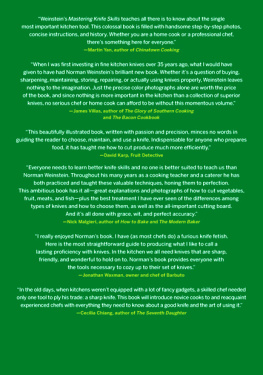


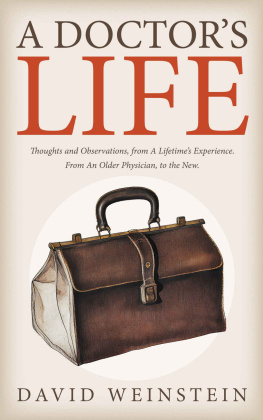

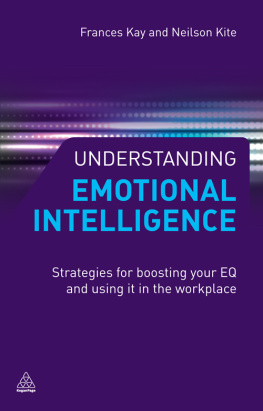
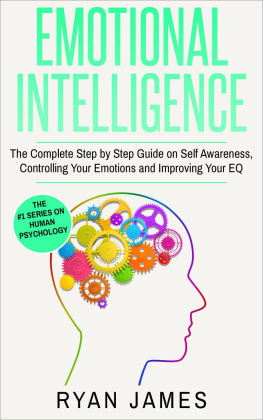
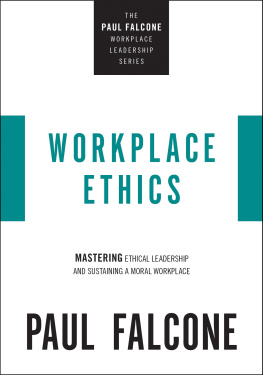
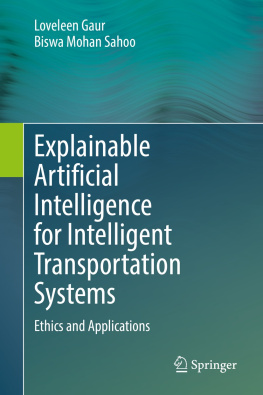

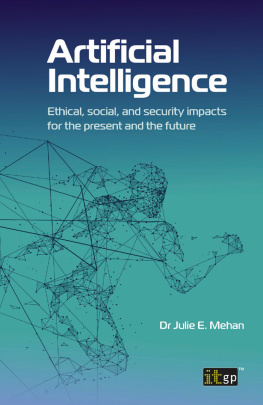
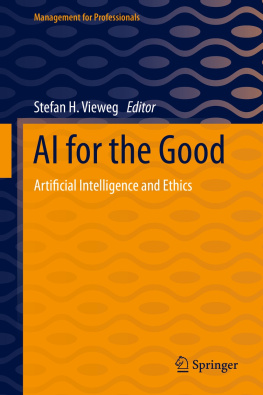

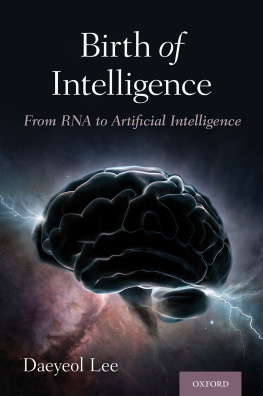
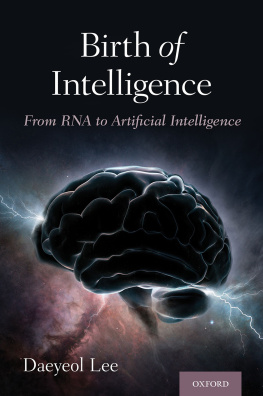


 New World Library is a proud member of the Green Press Initiative.
New World Library is a proud member of the Green Press Initiative.
